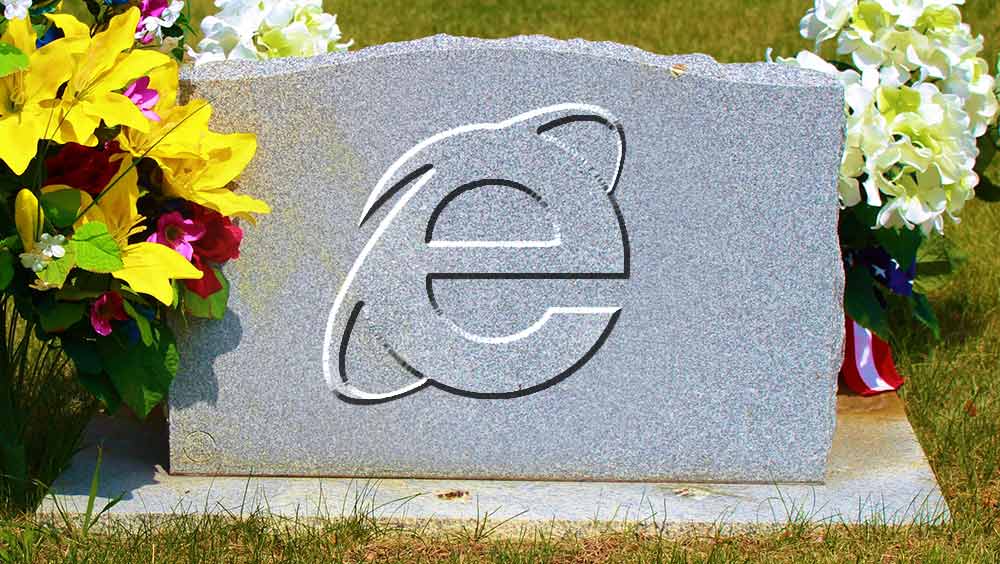Almost two thirds of businesses still using IE 8, 9 and 10
This is despite the three older browsers coming to the end of their life today

A report has revealed that 61 per cent of small business owners are still using Internet Explorer 8, 9 and 10, despite all three no longer being supported by Microsoft.
The survey, by Manta, questioned 300,000 small business owners about their browser usage and revealed that a large number have no plans for migrating to Microsoft's Edge browser.
Manta discovered that although Chrome is the most used way of accessing the internet, with 37 per cent of companies using the browser, 34 per cent of businesses still use Microsoft.
06/01/2016:Microsoft will start killing off support for older versions of Internet Explorer last week, saying the three browsers will reach their official end of life', meaning the company will stop issuing patches and updates for them.
This means a large chunk of organisations risk their networks coming under attack as hackers could potentially launch attacks using holes in the software and these will not be fixed by Microsoft.
General adoption of Microsoft'snew Edge browser has been relatively slow, with many customers opting for established choices like Chrome or Firefox over the newer offering.
According to NetMarketShare, the soon-to-be-unsupported versions made up over 20 per cent of total desktop web traffic in Q4 2015, with Edge accounting for less than three per cent.
Get the ITPro daily newsletter
Sign up today and you will receive a free copy of our Future Focus 2025 report - the leading guidance on AI, cybersecurity and other IT challenges as per 700+ senior executives
Internet Explorer 11, which will continue to recieve support, retained the biggest single market share of any browser, however, and was reportedly responsible for just under a quarter of total web traffic.
The very last patch for the earlier iterations will introduce a pop-up that urges users to upgrade to the current version a tactic the company also used to encourage Windows 10 upgrades.
Companies still using older versions of the software for business reasons can disable these prompts via the registry.
However, the increasing litany of security flaws that unsupported, unpatched software will introduce leaves any company doing so in considerable danger.
As always, the most advisable course of action is to ensure that both you and your business are running the most current software available, with all patches downloaded and installed.
Adam Shepherd has been a technology journalist since 2015, covering everything from cloud storage and security, to smartphones and servers. Over the course of his career, he’s seen the spread of 5G, the growing ubiquity of wireless devices, and the start of the connected revolution. He’s also been to more trade shows and technology conferences than he cares to count.
Adam is an avid follower of the latest hardware innovations, and he is never happier than when tinkering with complex network configurations, or exploring a new Linux distro. He was also previously a co-host on the ITPro Podcast, where he was often found ranting about his love of strange gadgets, his disdain for Windows Mobile, and everything in between.
You can find Adam tweeting about enterprise technology (or more often bad jokes) @AdamShepherUK.



